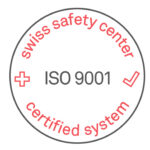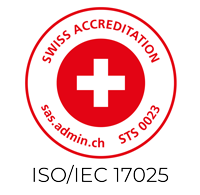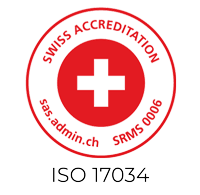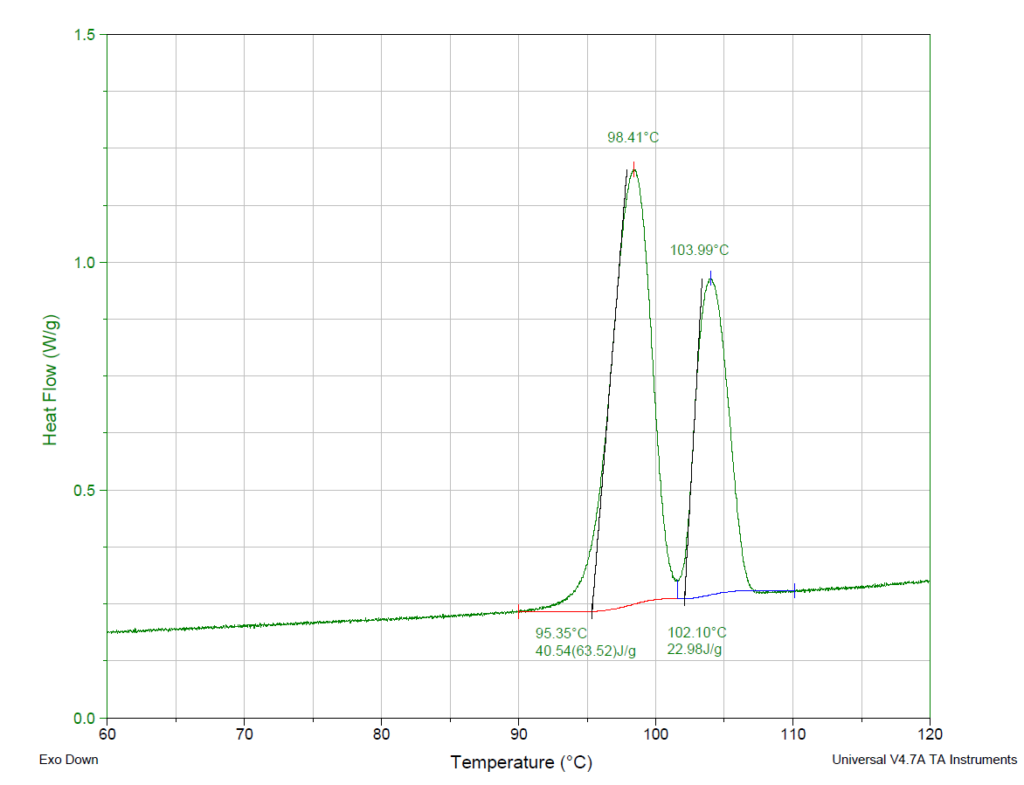Der Einfluss von Polymorphie in verschiedenen wissenschaftlichen Bereichen ist allgemein bekannt. Polymorphie ist auch in der pharmazeutischen Arzneimittelentwicklung üblich, und die Herstellung und Charakterisierung polymorpher Arzneimittel ist von größter Bedeutung. Die Struktur dieser Verbindungen hat nämlich Auswirkungen auf die medizinischen und pharmazeutischen Eigenschaften wie Bioverfügbarkeit, Eignung für die erforderlichen Formulierungen, strukturelle Stabilität und Lagerfähigkeit.
Wirkstoffe in Arzneimitteln sind Moleküle, die eine Vielzahl von Konformationen annehmen können. Die spezifischen Wechselwirkungen zwischen den polaren Gruppen in diesen Molekülen führen zu kristallinen Strukturen, die sich in ihrem Raumgittertyp, ihrer Molekülkonformation oder in beiden Merkmalen gleichzeitig unterscheiden.
Die Röntgenbeugung (XRD) wird zur zerstörungsfreien Untersuchung polykristalliner und amorpher Materialien eingesetzt. Die Methode basiert auf der Beugung von Röntgenstrahlen, die durch die Wechselwirkung zwischen den Röntgenstrahlen und den Elektronen der Atome entsteht.
Eine alternative Methode zur Charakterisierung von Polymorphie in Wirkstoffen ist die dynamische Differenzkalorimetrie (DSC). Wir bieten diese effektive Technik an, um Polymorphie von pharmazeutischen Inhaltsstoffen zu untersuchen. Anhand der unterschiedlichen Kristallformen kann die DSC die verschiedenen Schmelzpunkte und Schmelzwärme der verschiedenen Polymorphe ermitteln. Ein grosser Vorteil der DSC ist, dass diese Methode keine Probenvorbehandlung erfordert und die Messungen schnell durchgeführt werden können.
Abbildung 1 zeigt als Beispiel ein DSC-Thermogramm und die unterschiedlichen Schmelztemperaturen von zwei kristallinen Formen von d9-THC-Naphthoylester.














